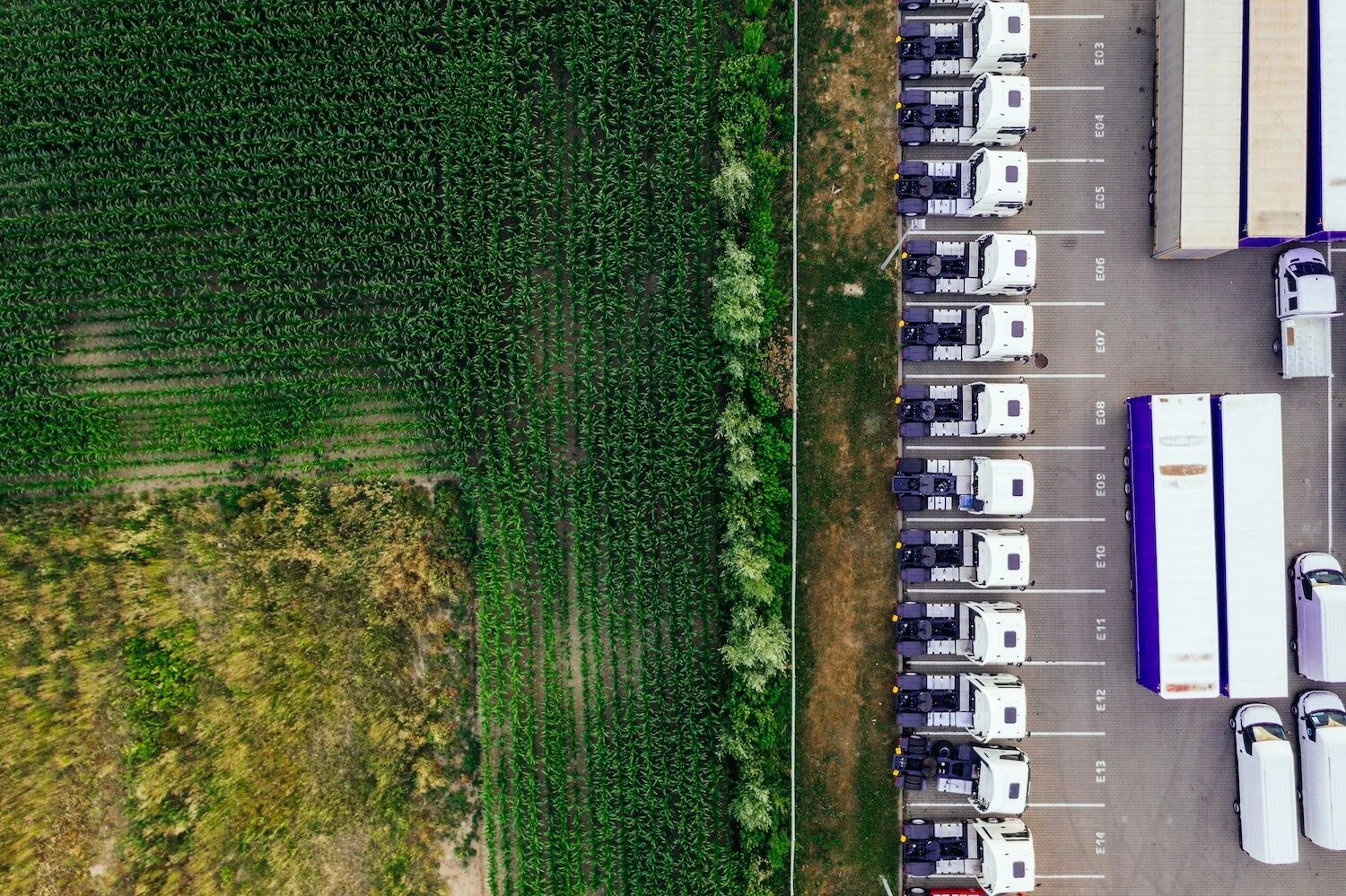Six Takeaways from GreenBiz Circularity ‘19
Even if we don’t all know what the circular economy is yet, we know we need to be part of it.
Photo by Brian Yurasits on Unsplash.
Last week I was in Minneapolis for GreenBiz’s inaugural Circularity conference. Here are six takeaways I gleaned from the discussions:
1. Social Justice and Equity
Power, privilege and bias––and how those can be exacerbated by the circular economy––was at the forefront of the discussion. The circular economy is just as much about social systems as economic ones. If we ignore this, we run the risk of turning it into “just another program for the privileged.”
For a primer on how advocates have found common cause between social justice and environmental protection, see trend #2, “Change Agents Tear Down Walls,” in our Force For Good Forecast 2019.
2. Who Was In The Room
It was not a marketing ploy––the conference was sold out. From tech giants to oil tycoons, all were there. For many across the supply chain, especially those in the murky middle, this was their first introduction to the circular economy. Even if they didn’t all know what it was, they knew they needed to find out. The reach and pull was impressive.
Who wasn’t there: The advocates and activists driving the narrative on marine debris, climate, chemicals, and waste. With $4 billion in new grantmaking pouring into climate advocacy and another $1 billion into oceans, their influence will only grow––as will their ‘asks’ of the corporations in and outside of the room.
And for more on the impact of this escalating environmental grantmaking, see trend #10 in our Forecast, “The 2020 Opportunity.”
Future 500 Director Brendon Steele explains three of his six key takeaways from the first GreenBiz Circularity conference.
3. Recycling vs. Circularity
All too often discussions defaulted to familiar concepts of recycling streams, collection, and post-consumer content. Yes, recycling is integral to circularity, but it misses the systemic change at the center of circular economics: how to fundamentally redesign entire value chains and the flow of materials in them to achieve circular scale. Greenbiz Chairman Joel Makower didn’t shy away from this in his opening remarks: “It’s not about supply chains, but systems change––I don’t think we all know what that means yet.” It’s our job to find out.
4. Material Health & Chemicals
Last year, our team predicted that chemicals of concern would be the first major test of the circular economy (see trend #2, “De-polluting the Circular Economy”). Here’s why: there’s a fundamental tension underlying the role that essential but potentially hazardous chemicals play in the circular economy. Is ‘designing them out’ far too simplistic to be realistic––and dooming whole industries? Or do we lean into the expertise that the Dow’s, 3M’s, and BASF’s of the world can provide?
5. Public Policy
There ain’t much of it. If consumers, companies, and governments are the three pillars to fostering change, governments are not yet on board. Policy innovation is needed, beyond the recycling battle lines.
6. Are We Consumers, Customers, or Guests?
Can we even have consumers in a truly circular economy? We got a little existential here, and for good reason. The whole notion of how we refer to the public itself—the reductionistic consumer—needs to change if we want to close material and social loops.
And one last overarching takeaway: this is just the beginning. Every company I spoke with knows they don’t have all the answers yet. But even the so-called ‘laggard’ ones got the message that they need to be part of the materials solution.
I’m excited to see what comes next.
This article was originally published on Linkedin.
Future 500 is a non-profit consultancy that builds trust between companies, advocates, investors, and philanthropists to advance business as a force for good. Based in San Francisco, we specialize in stakeholder engagement, sustainability strategy, and responsible communication. From stakeholder mapping to materiality assessments, partnership development to activist engagement, target setting to CSR reporting strategy, we empower our partners with the skills and relationships needed to systemically tackle today's most pressing environmental, social, and governance (ESG) challenges.
Want to learn more? Reach out any time.
Blog posts by Brendon:







